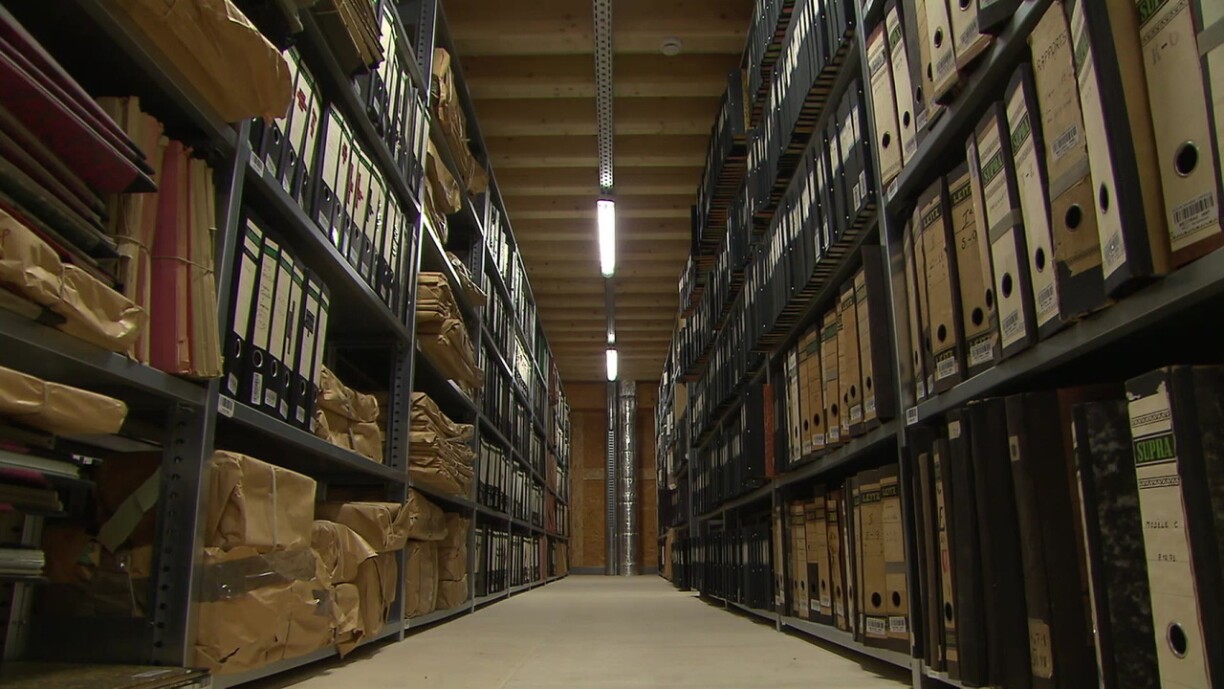
Two years ago, MPs passed a law that mandated the opening of the intelligence service archive from the 1960s to 2001.
The purpose of the project was to determine the ins and outs of the intelligence service’s archive, namely why, when, and who was subject to checks by the service. Two historians were charged with the mission to catalogue, conserve, and value the archive.
However, two years later the deadline for the project to conclude is coming up, and the historians in charge of the project are far from finished with the time-consuming work. Prime Minister Xavier Bettel met with the relevant parliamentary commission to discuss how to continue at this point. Should the deadline for the project be extended or not?
The parliamentary commission’s response was a resounding yes, with MPs from across the political spectrum in agreement. MPs specifically focused on one issue, pointed out by Green MP and party leader in the Chamber Josée Lorsché: the archives of Luxembourg’s intelligence service during the Cold War years must be carefully catalogued and examined.
As she elaborated, the issue must be considered from a historical perspective. Luxembourgers have the right to know what happens in the country, especially as the Cold War had an impact on the citizens of Luxembourg. As Lorsché put it: “All of those people who were even remotely engaged left-wing politics - or even just travelled to eastern Europe - were monitored, whereas others were not. It is our duty to discover what happened.”
CSV party leader in the Chamber Martine Hansen agreed, saying this is a clear call for the Prime Minister to adapt the law to allow the mission as stipulated in legislation to be fulfilled. She added that the historians’ recommendations should also be taken into consideration.
These recommendations include allowing archivists to adequately order and catalogue the documents in question. The Left’s Marc Baum said the invested historians had begun the process, but the work is by far not complete. He explained that they have attempted to create a sense of order: “They noted themselves that there must be a number of documents that they are unable to considerate as they’re located in some boxes somewhere. It remains unclear if these are duplicates or new information. They need to determine these matters before seriously getting to work.”
Hansen believes the SREL has hired an archivist to focus on this task. Another recommendation was that the period of the Cold War should be completely examined and combined with army and police archives.
In the meantime, no documents can be destroyed before the law has been voted on. This includes duplicates, MPs specified.
Trial against three former SREL operatives begins on Tuesday
SREL trial delayed for second time due to Jean-Claude Juncker’s operation
EU chief Juncker’s surgery delays Luxembourg trial